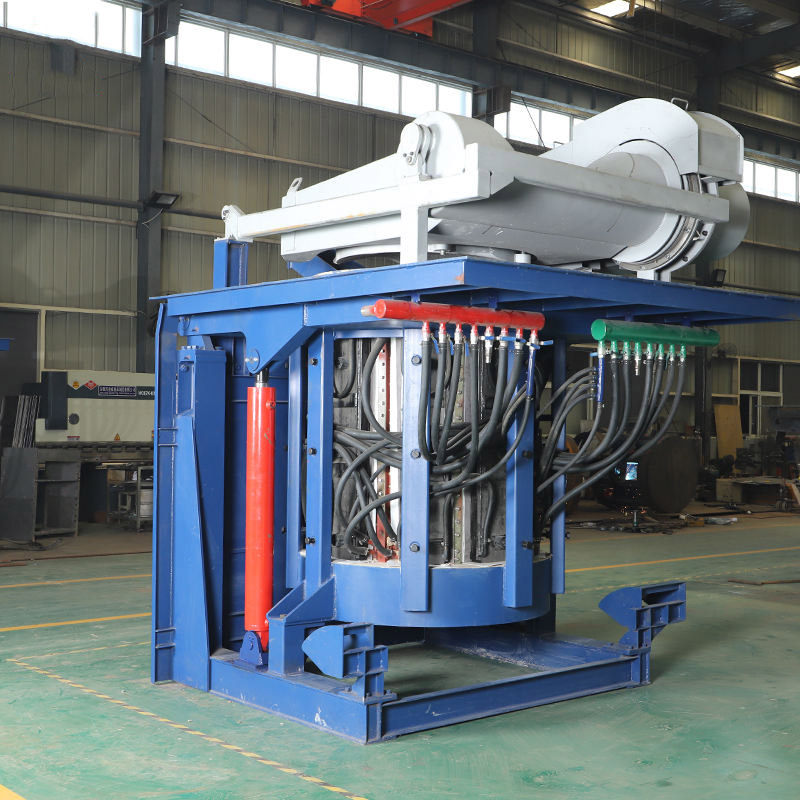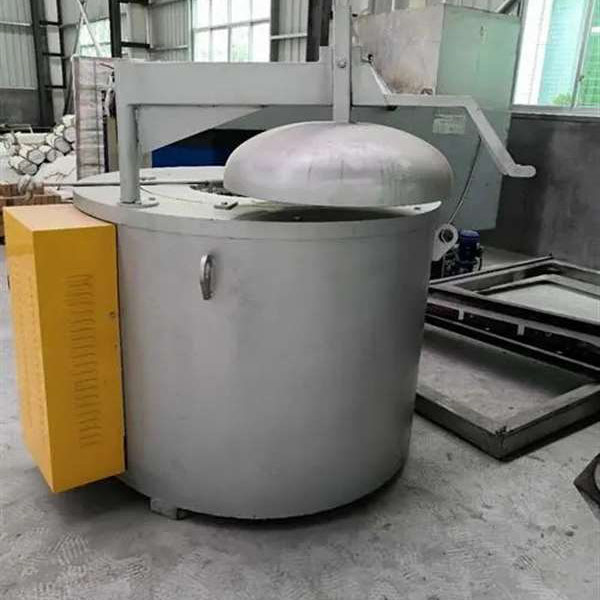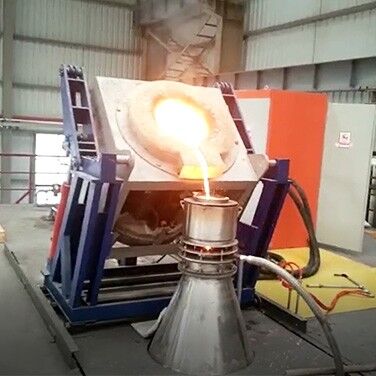Industrial Furnaces: Types, Structures, and Classifications
Industrial furnaces play a crucial role in modern industrial activities, functioning as essential thermal equipment for altering the physical properties or forms of materials. Widely used across industries such as metallurgy, chemical production, non-ferrous metals, machinery, and light industry, industrial furnaces vary in type, structure, and purpose. This article provides an in-depth look at the different types of industrial furnaces, their structures, and classification methods.
What Are Industrial Furnaces?
Industrial furnaces are specialized thermal systems used to change the form or physical properties of materials. They are indispensable in various industrial processes and can be found in a wide range of industries. For instance, metallurgical processes, chemical production, and machinery manufacturing each rely on different types of industrial furnaces to achieve their specific goals. These furnaces are vital to key production processes, providing controlled thermal environments to optimize the physical and chemical properties of materials.
Classification of Industrial Furnaces
Industrial furnaces come in many forms, each designed for specific industrial tasks. They can be classified in a variety of ways based on the heat source, process type, heat exchange method, and the system used for production.
When classified by heat source, industrial furnaces can either provide heat directly or simply serve as containers for materials that require heating elsewhere. Furnaces with heat sources generate energy from fuels such as gas, electricity, or solid fuels. These include heating furnaces and electric furnaces, where the materials are directly exposed to the heat source. Furnaces without heat sources, on the other hand, do not provide heat directly but still play a vital role in the industrial process due to their structural characteristics. Steel ladles and reaction towers in the chemical industry are examples of such furnaces.
Another important classification method is the type of heat source. Flame furnaces are common in industries where the combustion of fuel provides heat. These furnaces are typically simpler in design and less costly, making them ideal for a variety of industrial applications. Electric furnaces, on the other hand, use electrical energy converted into thermal energy. While they provide higher precision in temperature control and are cleaner, they tend to be more expensive, which limits their use to processing high-quality or special materials. There are also other furnaces that utilize alternative forms of energy, such as oxygen-blown converters in steelmaking.
In terms of the processes carried out, industrial furnaces are either used for smelting or heating. Smelting furnaces, such as blast furnaces and reverberatory furnaces, change the physical state of materials—typically by melting. These furnaces are often used to extract or purify metals. Heating furnaces, however, are used to alter the properties of materials without changing their physical state. Heat treatment, roasting, drying, and baking all fall under this category.
Another way to classify industrial furnaces is by the production process system. Continuous production furnaces, such as blast furnaces or rotary kilns, maintain constant operational parameters throughout their production cycle. On the other hand, intermittent or periodic furnaces, such as converters and glass melting furnaces, experience changing process parameters over time, often used for smaller-scale or batch-based production processes.
Finally, industrial furnaces can be categorized by their heat exchange method. Some furnaces rely on radiation heating, where heat is transferred through radiant energy. Others use convection heating, relying on fluid movement to transfer heat. Layered heating, a combination of both, is also common in more advanced industrial setups.
Structural Composition of Industrial Furnaces
Despite the variety in types and functions, industrial furnaces generally share a similar structural composition. First, they have a heating system that includes energy supply pipelines, transformers, and other equipment necessary to deliver heat to the materials inside the furnace.
The furnace body is the central structure of the system. It typically includes the support frame, the furnace lining, and the system responsible for handling and conveying materials. This part of the furnace is designed to withstand extreme temperatures and provides the core environment for the industrial process.
Additionally, an essential part of any industrial furnace is the smoke exhaust system. This system includes chimneys, heat exchangers, and flues, all of which are responsible for safely handling the exhaust gases produced during furnace operation. Finally, industrial furnaces are often accompanied by additional supporting equipment, such as controls and safety systems that ensure efficient and safe operation.
Welcome to Order From Us
We pride ourselves on providing top-quality industrial furnace solutions tailored to meet the unique requirements of your business. Whether you need a specialized heating furnace, electric furnace, or custom-built smelting furnace, our team is here to assist. Our services come with a one-year warranty, ensuring you receive reliable and long-lasting equipment.
Additionally, we offer 24-hour online support, so you can reach us whenever you need assistance or have questions about your equipment. We understand that every business has different needs, which is why we provide customized service—from designing your furnace to delivering specialized operational features that suit your production process. Our experienced team will work closely with you to ensure that your industrial furnace meets all your specifications.
With over ten years of experience in the industrial furnace sector, we are equipped to handle your requests with precision and professionalism. Don’t hesitate—contact us today to discuss your needs, place an order, or learn more about how our tailored solutions can optimize your industrial operations.




